Menu
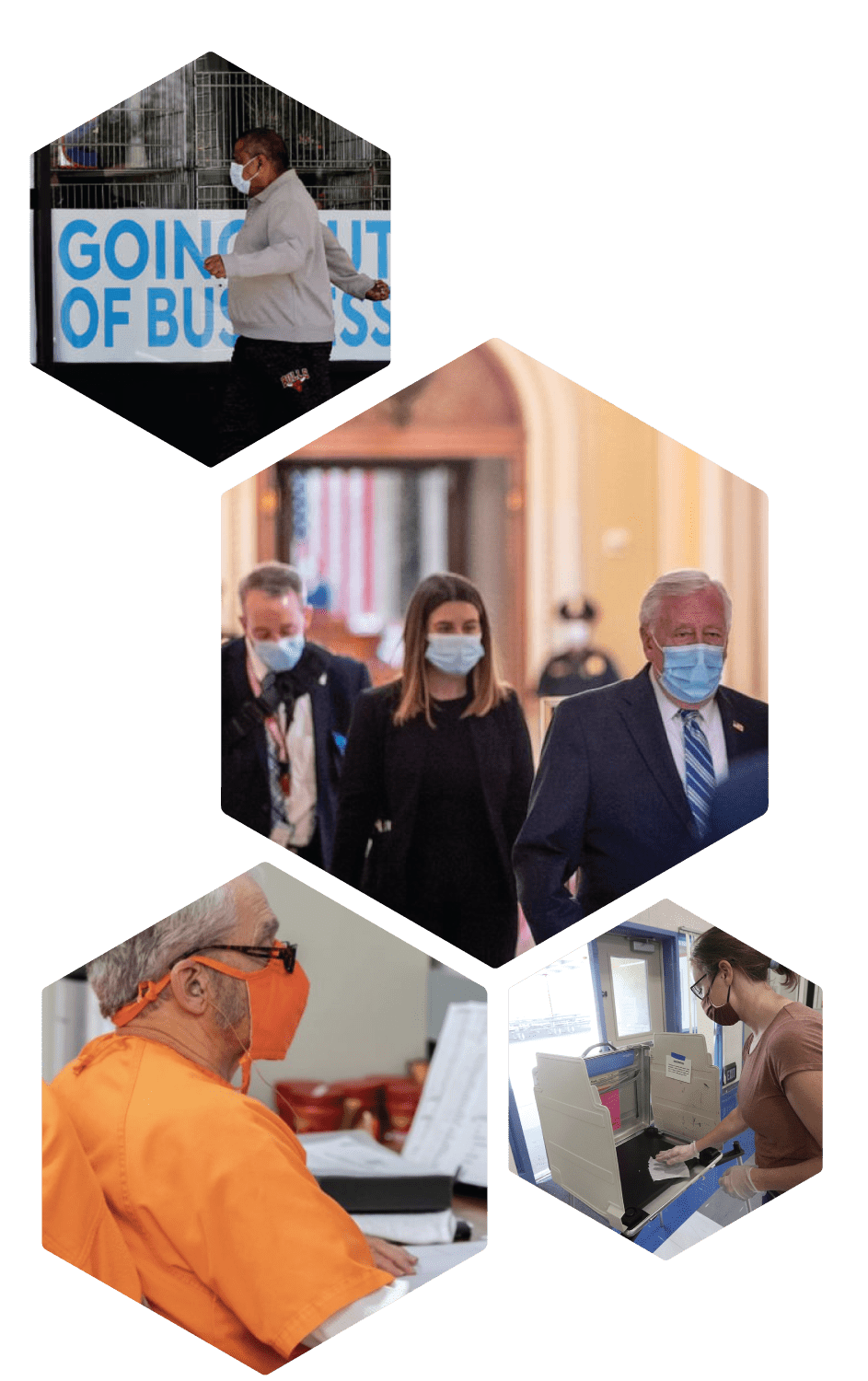
Our Work in 2020
The outbreak of COVID-19 and the public outcry over George Floyd’s killing presented overlapping crises for state and local justice systems in 2020.
The Council of State Governments Justice Center responded by directing its resources to meet the rapidly evolving needs of our stakeholders, while also remaining determined to achieve the goals we set for ourselves at the start of the year.
The result was a challenging but productive year filled with successes in the midst of hardship and consensus despite conflict. Here, we present 10 highlights from our work in 2020.

1
Since the start of the pandemic, our staff has been in contact with hundreds of policymakers and practitioners across all 50 states to identify critical questions and share response strategies.
We amplified challenges, tracked cases in prisons and jails, compiled resource opportunities for struggling community nonprofits, and developed new tools for corrections officials. And we successfully encouraged the federal Small Business Administration to allow business owners with criminal records to access COVID-19 relief funds.

2
We took action to reduce recidivism by passing legislation in two states.
Our Justice Reinvestment initiative delivered key improvements that will help stop the cycle of incarceration.
Wyoming’s bill strengthened its behavioral health programming for people in the criminal justice system by standardizing its treatment services and creating more interaction between health and corrections professionals.
Vermont approved legislation that restructures its community supervision approach, launches an examination of racial disparities in state sentencing practices and prisons, and will ultimately avert up to $13 million in corrections costs by 2025.
Image: Wyoming Gov. Mark Gordon

3
We secured agreement on policy options to help two states make smarter decisions when dealing with troubled kids.
Connecticut and North Dakota agreed to policy options we proposed as part of our Improving Outcomes for Youth (IOYouth) initiative that, among other things, decriminalize adolescent behaviors that are not best addressed by the justice system, divert kids from the system if they are at a low risk of reoffending, and, in Connecticut, improve the tracking of data to identify racial disproportionality in the system.

4
We examined the impact the justice system has on people at different stages of education and offered guidance on how to address these systemic issues.
In Rethinking the Role of the Juvenile Justice System: Improving Youth's School Attendance and Educational Outcomes, we showed how punitive, juvenile justice responses—such as probation—not only have little impact on school attendance, but made matters worse in South Carolina.
Laying the Groundwork: How States Can Improve Access to Continued Education for People in the Criminal Justice System delivered a state-by-state look at what states are doing, or not doing, when it comes to offering currently and formerly incarcerated people educational opportunities beyond a high school degree.
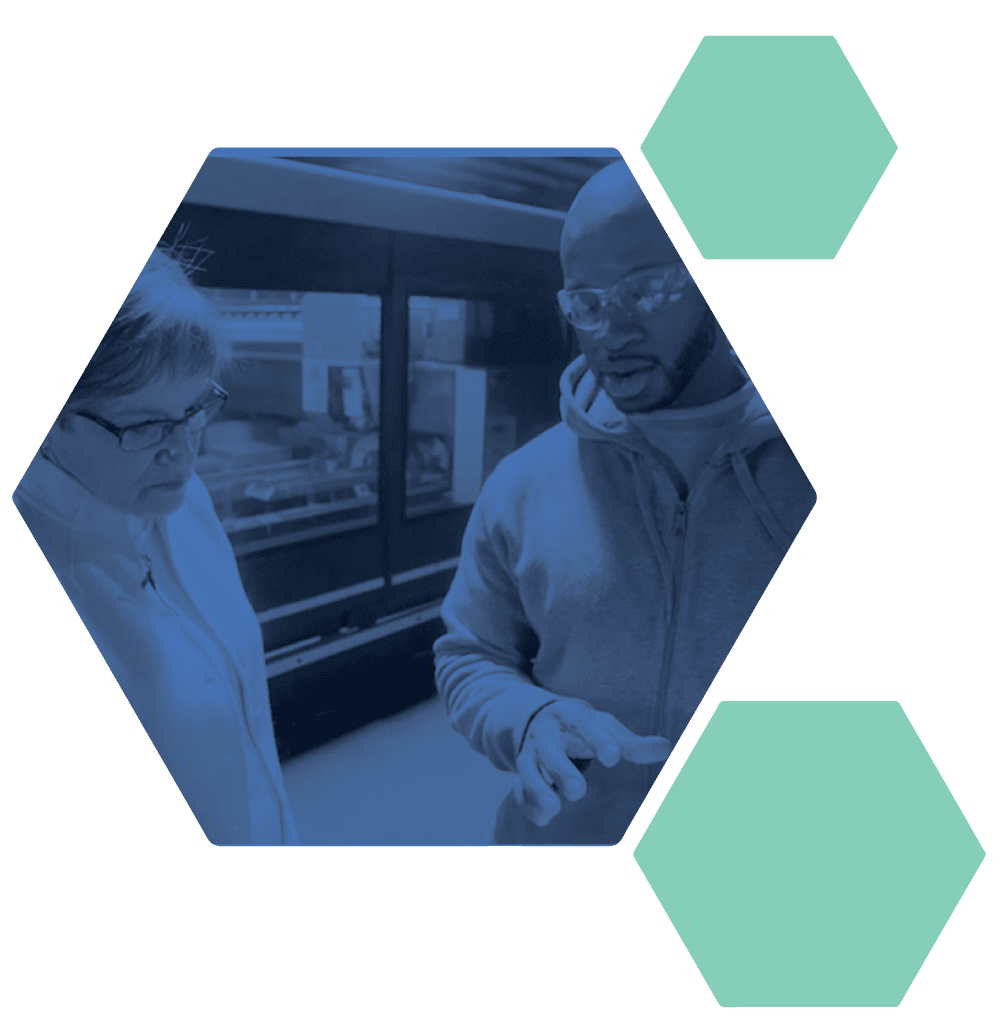
5
We connected eight new governors personally to people impacted by their corrections systems.
In 2019, a historic number of new governors took office. Soon after, they faced unprecedented challenges, particularly for people who live and work in prisons, amid the COVID-19 pandemic. Before and after the virus struck, our Face to Face initiative created opportunities for governors—four Republicans, four Democrats—to learn about the criminal justice system through the eyes of the people who have experienced it with an aim of helping shape their states’ responses at a critical time.
Image: Kansas Gov. Laura Kelly
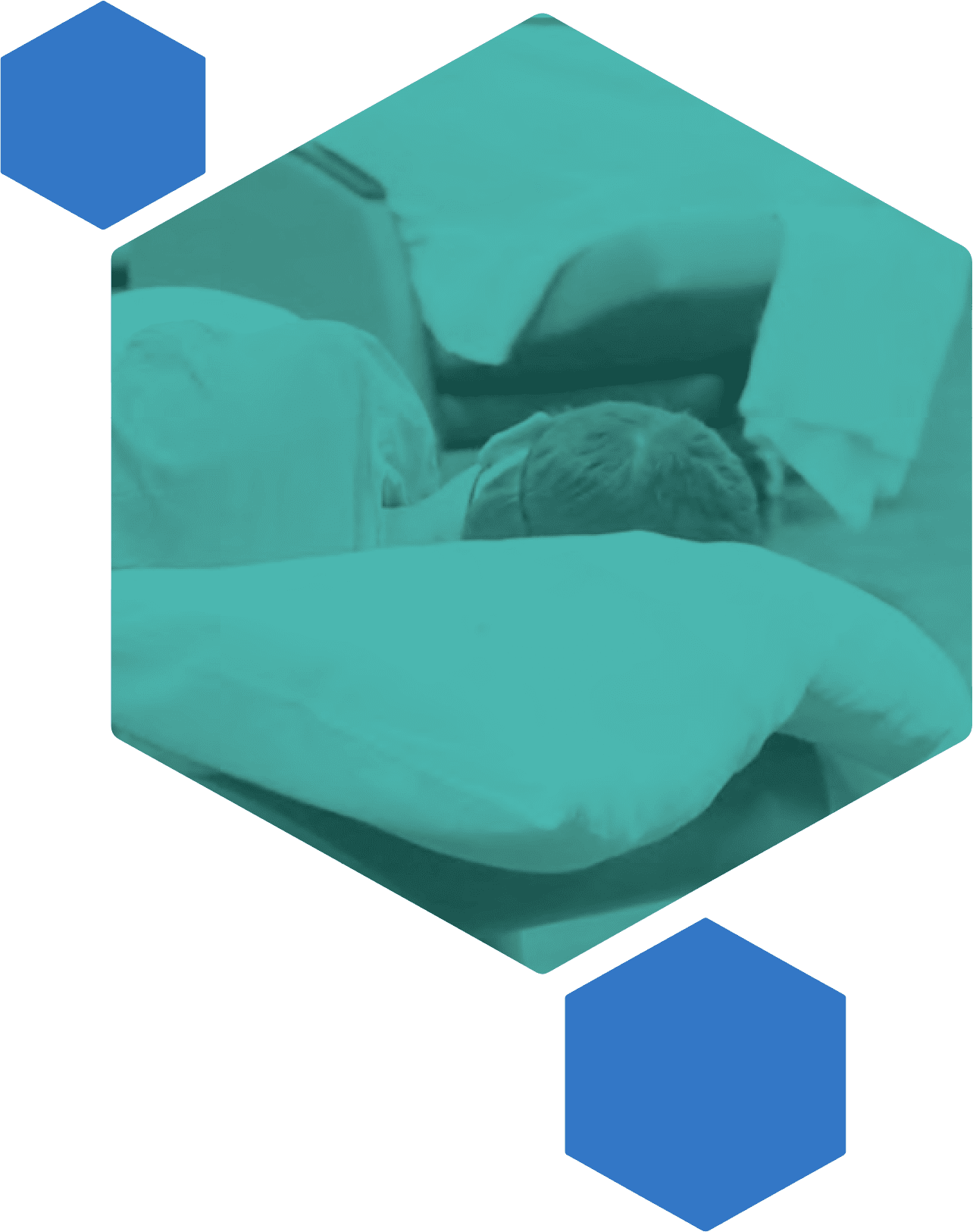
6
We pushed counties to take the next step toward reducing the number of people with mental illnesses in their jails.
With more than 515 counties committed to the Stepping Up initiative, our team launched a new effort—Set, Measure, Achieve—to get each of them to establish and reach measurable goals that demonstrate a reduction of the number of people struggling with mental illness in their jails.
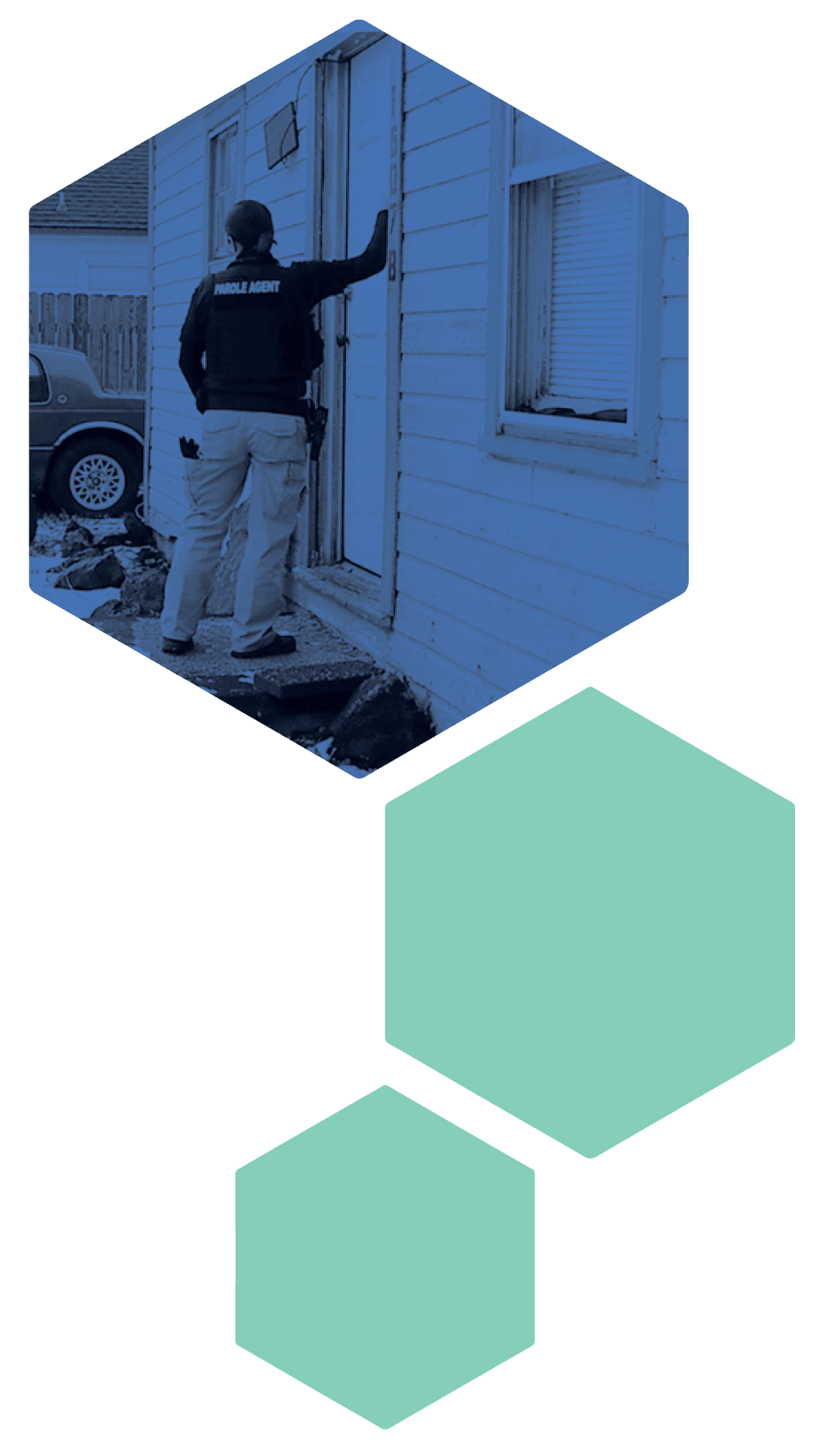
7
We created real-time data tools to help two states better understand their supervision trends.
Our Lantern initiative delivered corrections leaders in Missouri and Pennsylvania new automated tools that calculate more than 200 million metrics each week to better track probation and parole revocations and identify solutions that can more effectively prevent unnecessary prison admissions. Lantern also produced custom analyses of trends in revocation decision-making and supervision violations and successes to help reduce recidivism.

8
We launched the largest, most comprehensive effort to date to get all policymakers actionable criminal justice data they can count on.
Critical criminal justice data is often collected but not analyzed, analyzed but not shared, or shared but not acted upon. In such unpredictable times, policymakers need data that is timely and easily digestible to make tough decisions. Justice Counts—powered by more than 20 organizations and guided by public officials from every corner of the criminal justice system—is a national, consensus-building effort to inform policymakers’ decisions by making data more timely, less disjointed, and as useful as possible.

9
We built a national database of funding opportunities to help state and local leaders sustain their criminal justice system improvements.
State and local leaders often face challenges sustaining their efforts to reduce the number of people in jails who have mental illnesses or substance use disorders. And while plenty of federal funding exists, it can be daunting to sort through the opportunities, deadlines, and application processes. Financing the Future of Local Initiatives is a new set of tools—including a robust database of grant opportunities—that provides a practical jumping-off point for local criminal justice leaders to identify measurable goals and align funding opportunities to achieve them.
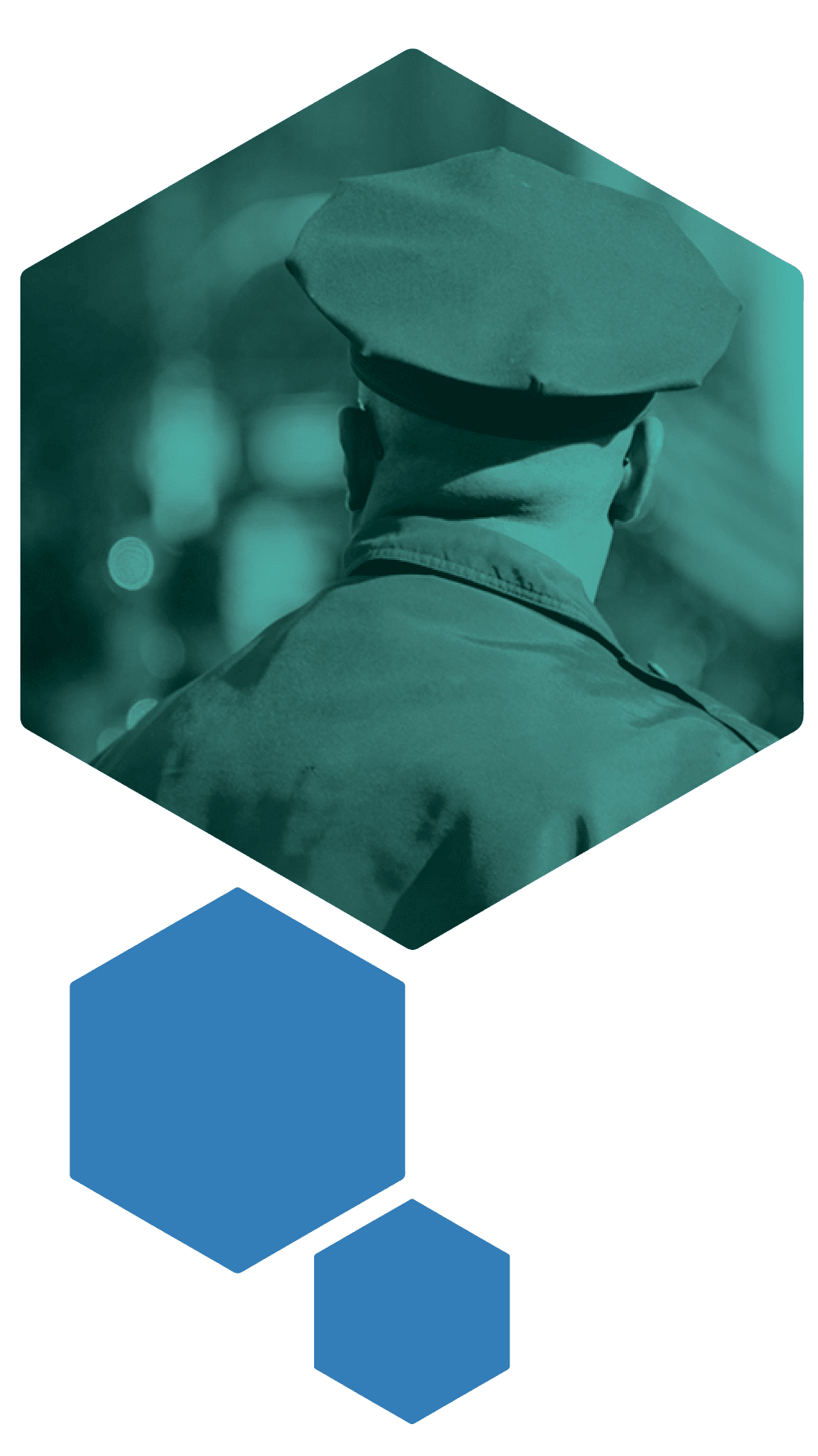
10
We launched two new national support centers to help law enforcement and practitioners address the behavioral health needs of people in contact with the criminal justice system.
The Law Enforcement and Mental Health Support Center and the Center for Justice and Mental Health Partnerships will both serve as unique clearinghouses for free training and resources. Jurisdictions and organizations can also request various types of assistance tailored to their needs.
Our Funders
Our work could not have been possible without the many organizations and people that support us.
- Action Now Initiative
- Allegheny County, Pennsylvania
- American Psychiatric Association Foundation
- Arnold Ventures
- Blue Meridian Partners
- California Council on Criminal Justice and Behavioral Health
- California Department of Corrections and Rehabilitation
- California Department of State Hospitals
- Community Foundation for Southeast Michigan
- Connecticut State Office of Policy Management
- Crime Victim Assistance Division, Office of the Attorney General of Iowa
- Florida Department of Juvenile Justice
- George Mason University
- Hamilton County Juvenile Court
- Hillman Family Foundations
- Indiana Office of Judicial Administration
- Kansas Department for Aging and Disability Services (KDADS)
- LEAD National Support Bureau
- Louisiana Department of Public Safety & Corrections
- Lumina Foundation
- MacArthur Foundation
- Mathematica Inc.
- MDRC
- Melville Charitable Trust
- Michigan Department of Corrections
- Minnesota Department of Corrections
- Missouri Department of Corrections
- Monterey County Health Department
- North Dakota Division of Juvenile Services
- Open Society Foundations
- PbS Learning Institute Inc.
- Peg's Foundation
- Pennsylvania Commission on Crime and Delinquency
- Recidiviz, Inc.
- Rhode Island Department of Corrections
- RTI International
- Sonoma County Probation Department
- State Justice Institute
- State of Alaska
- State of Colorado
- State of Hawai'i, Crime Victim Compensation Commission
- State of Nebraska
- State of New Mexico
- State of Vermont
- STRIVE International
- The Annie E. Casey Foundation
- The Jacob & Valeria Langeloth Foundation
- The Pew Charitable Trusts
- The Tow Foundation
- U.S. Department of Justice, Bureau of Justice Assistance
- U.S. Department of Justice, Office for Victims of Crime
- University of New Haven
- van Ameringen Foundation
Our Donors
The CSG Justice Center this year also launched a new individual giving program in 2020. The goal is to secure unrestricted dollars to cover important aspects of our work, including our government affairs efforts, staff training, and seed money for new initiatives. We are grateful to our inaugural donors and hope to build off of this success in 2021.
- Marsha Banks
- Robyn Betterly
- Elizabeth Bray
- Michael Clark
- Marshall Clement
- Anne Collins
- Committee to Elect Justice Boggs, Inc.
- Colleen Deely
- Le’Ann Duran
- Caroline Ferree
- Jill Flanick
- Maryclaire Frank
- Fraser Greenwood
- Monica Hamill
- Kristi Hazama
- Craig Henkels
- Francis Henkels
- Quinn Henry
- Sandra Jamet
- Janet Kaiser
- Ted Keon
- Lisa Kurtz
- Jennifer Lowman
- Terence Lynn
- Mimi Morrow
- Jamal Nelson
- William O'Keefe
- Joe O’Leary
- John and Wendy O'Toole
- Megan Quattlebaum
- Paul Reiber
- Margaret Schramm Horn
- Suzanne Selkow
- Thomas Stickrath
- Joan Yokom










